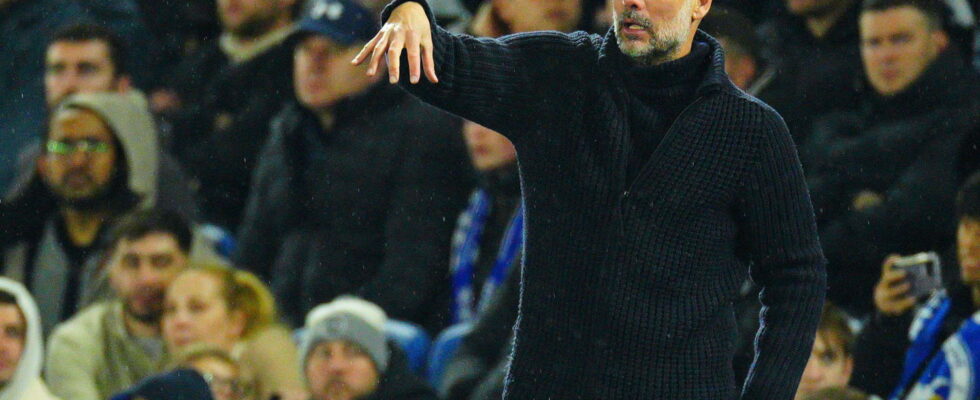Some coaches have made history with their particular playing styles that have made them famous. However, some revolutionaries of the game have been forgotten.
Among the greatest coaches in history, we can notably count Pep Guardiola, Arsène Wenger and Sir Alex Fergusson. In different styles and with different personalities, they knew how to shape their team and above all make them win. Because it is through victory that coaches remain in the collective memories, as well as for their longevity and their contribution to the game.
Over the last twenty or thirty years, the playing styles advocated by coaches have varied greatly, from the organised defence and counter-attacking efficiency of Mourinho or Simeone, to the possession of Guardiola or Luis Enrique. However, in the past other coaches have left their mark on football and changed the way of playing, such as Johan Cruyff, who is credited with inventing “total football” from the 1970s (in reality based on ideas from two Dutch and English coaches, Rinus Michels and Jack Reynolds).

Thus, in the 1920s, we saw a coach implement a tactical and technical approach that was completely different from what had been done until then, and which inspired many coaches thereafter. This technician was the Austrian Hugo Meisl. Born in 1881, he entered the world of football through a rather unusual path. Indeed, he started as a referee in the Austrian championship, before becoming general secretary of his country’s federation. He became the coach of Austria in 1912. But it was after the First World War that the coach really revealed himself. Inspired by the Englishman Jimmy Hogan, he implemented a new approach to the game with his selection: the Scottish style. Based on the technical qualities of the players and on a game of short passes, this style created by Hogan and taken up by Hugo Meisl is in some way the ancestor of the tiki taka Spanish decades later.
This revolutionary tactic showed its qualities with the Austrian selection, and made the selection famous. In the twenties, Austria thus became one of the best European nations, with a nickname: the Wunderteam. Under the orders of Hugo Meisl, the Austrians won the European International Cup in 1932, notably beating Italy. With its offensive and pleasant to watch game, Austria delighted football fans and observers in the early 1930s, winning 28 of their 31 matches between 1931 and 1934, with more than a hundred goals scored.
On 17 February 1937, Hugo Meisl died of a heart attack while still coach of Austria, and the Wunderteam disappeared with the outbreak of World War II and the annexation of Austria by Germany. However, the team’s style of play, which was unique for its time, has remained in the memory and has undoubtedly inspired many coaches since then.
